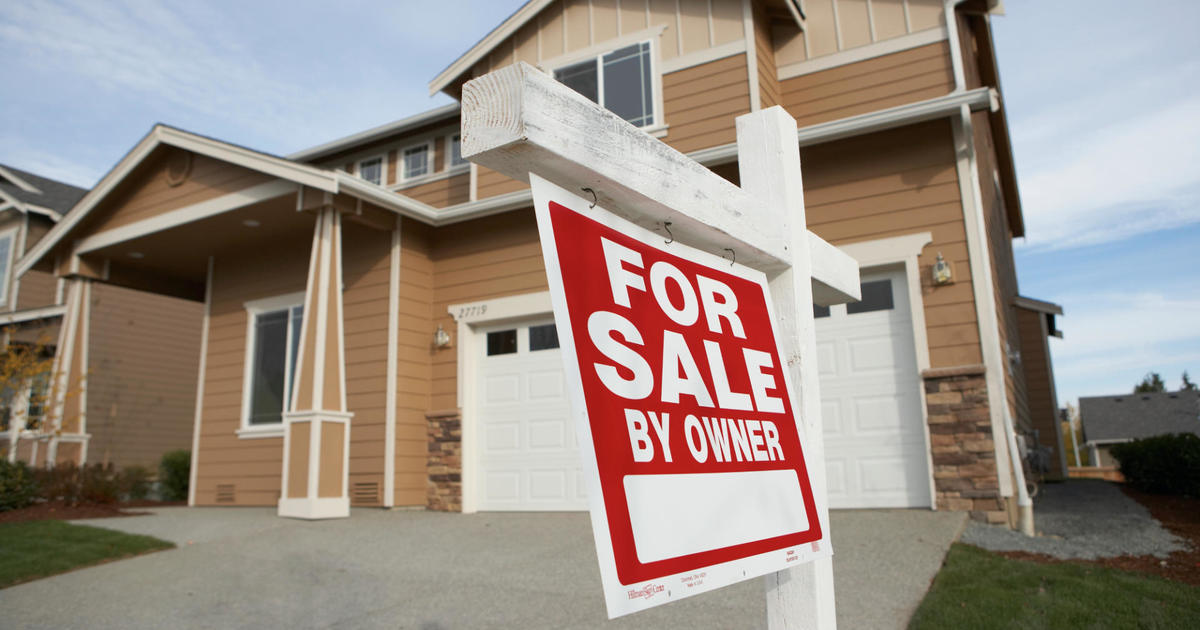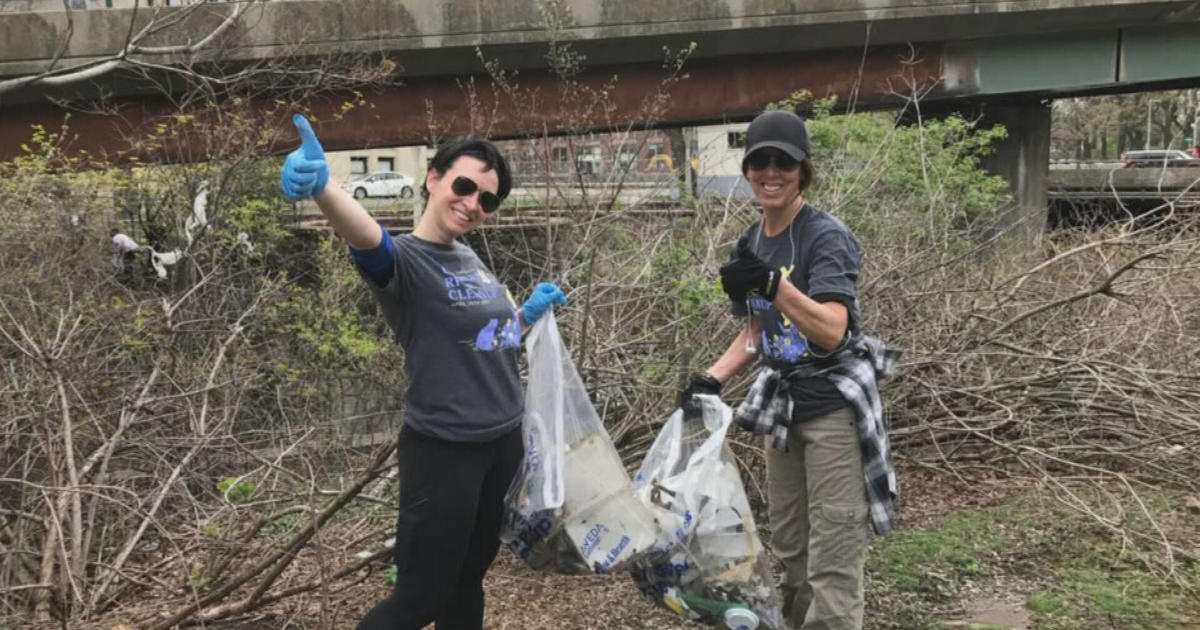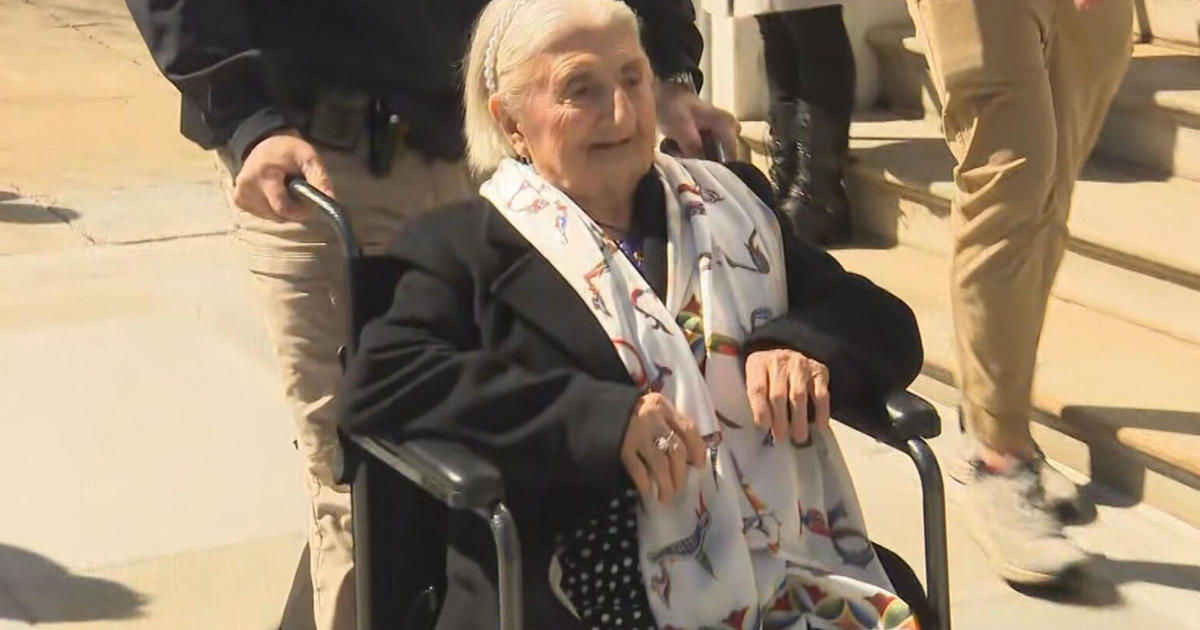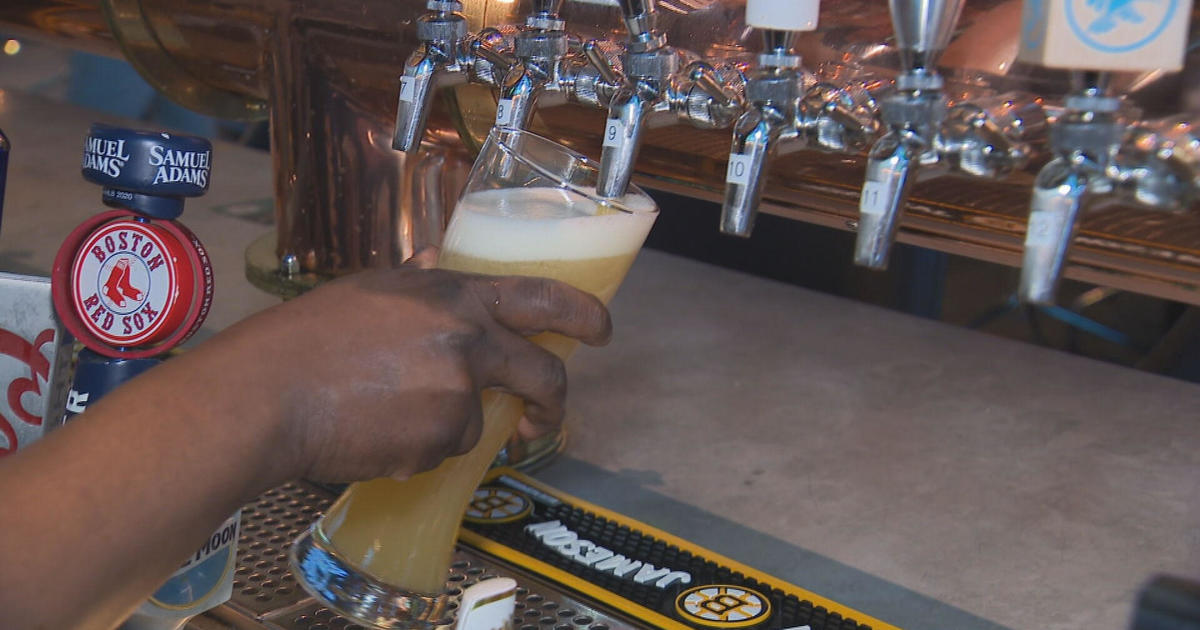Interview With Boston's City Soil
Boston is buzzing about composting, especially because of the upcoming Massachusetts Food Waste Ban. So, just what is composting and who is leading the compost initiative to prevent food waste in Boston? Bruce Fulford, founder of City Soil, and Everett Hoffman, compost counselor at City Soil, give us all of the answers.
What was the inspiration behind City Soil and when was it founded?
One need not look further than our motto, “Urban agriculture is rooted in City Soil,” to find our inspiration. For two decades, City Soil has been part of our Boston growing community. Bruce Fulford, our founder, has dedicated his career to helping Boston’s farms and gardens, sourcing high-quality soil and compost for organizations like the Boston Natural Areas Network and The Food Project. City Soil has played a pivotal role in developing Boston gardens and farms, including the land and greenhouses at Revision Farm in Dorchester. Responding to the need for responsible compost management in 2012, City Soil now employs Boston residents to operate the City of Boston’s leaf compost site in partnership with Casella Resource Solutions. City Soil is a leader in compost heat capture, starting with Bruce’s innovative work at the New Alchemy Institute and continuing with our partnership with Agrilab Technologies. Moving forward, we will continue to responsibly manage Boston’s organic resources and develop opportunities to expand the urban food system.
For those who haven’t started composting at home yet, can you give us the basics of how composting works?
Composting is essentially organic recycling. As composters, we shepherd organic resources from one stage to another by creating an environment in which natural decomposers work most efficiently. In the compost pile, bacteria and fungi break down organic materials and make the nutrients available for plants to use again. The finished compost has the nutrients and micrological life necessary for a healthy soil ecosystem; promoting plant growth, preventing diseases and improving water retention.
Furthermore, composting, a largely carbon neutral process, keeps valuable organic material out of landfills (where it breaks down anaerobically, producing methane) and incinerators (where their organic matter and nutrient value are lost). Compost reduces the need for synthetic fertilizers which disrupt soil life and cause nutrient runoff into watersheds, creating hypoxic "dead zones."
Why are programs like City Soil important for Boston?
At City Soil, we see ourselves as the stewards of our city’s organic material and will advocate for the responsible and efficient use of municipal resources in their management. We have the experience and dedication to effectively operate the urban compost sites which are a critical component of our local closed-loop system. Compost can regenerate urban soil and growing systems, making our city more resilient and sustainable for our uncertain climate future. We help our gardeners, growers and landscape managers use our products to enhance the productivity and health of the soil and the watershed. Boston is our home; local job creation, environmental justice and empowering our community is essential to our mission.
Another critical aspect of City Soil is our commitment to education. City Soil constructed a rooftop greenhouse and outdoor classroom for Boston Latin Academy and an informational living roof at the Boston Nature Center. This year, City Soil designed and built compost systems for Boston Day and Evening Academy, Camp Harbor View and The Food Project and implemented a cafeteria diversion program at Mother Caroline Academy. We collaborate with students from Boston University, Northeastern University and Lesley University.
What tips would you give to people that want to make composting initiatives successful in Boston and beyond?
If you support composting, make your voice be heard. We are entering a new era in our city and it's up to us to determine what that will look like. Write to your city councilperson and your Mayor Elect, Marty Walsh, and let them know that you want composting to be part of a thriving food system in Boston. Support businesses who compost and let them know you appreciate their efforts. Find out if your favorite restaurants are composting and if they’re not, let them know how you feel. Compost your own scraps in your yard through a community collection program or by joining Bootstrap Compost.
You May Also Be Interested In These Stories
Cameron Bruns is the founder of BostonGreenBlog.com and co-author of Just Us Gals Boston. She lives in Boston's North End, where her goal is to promote ethical, stylish, and sustainable lifestyle choices to all Boston residents. Her work can be found on Examiner.com.



